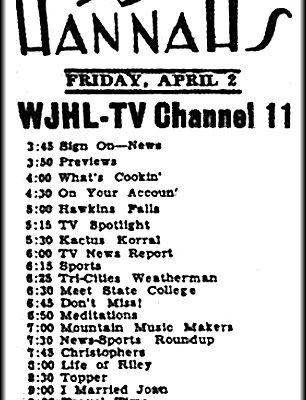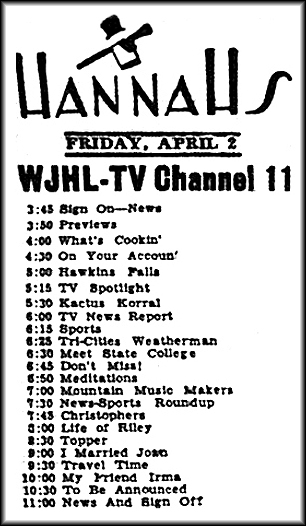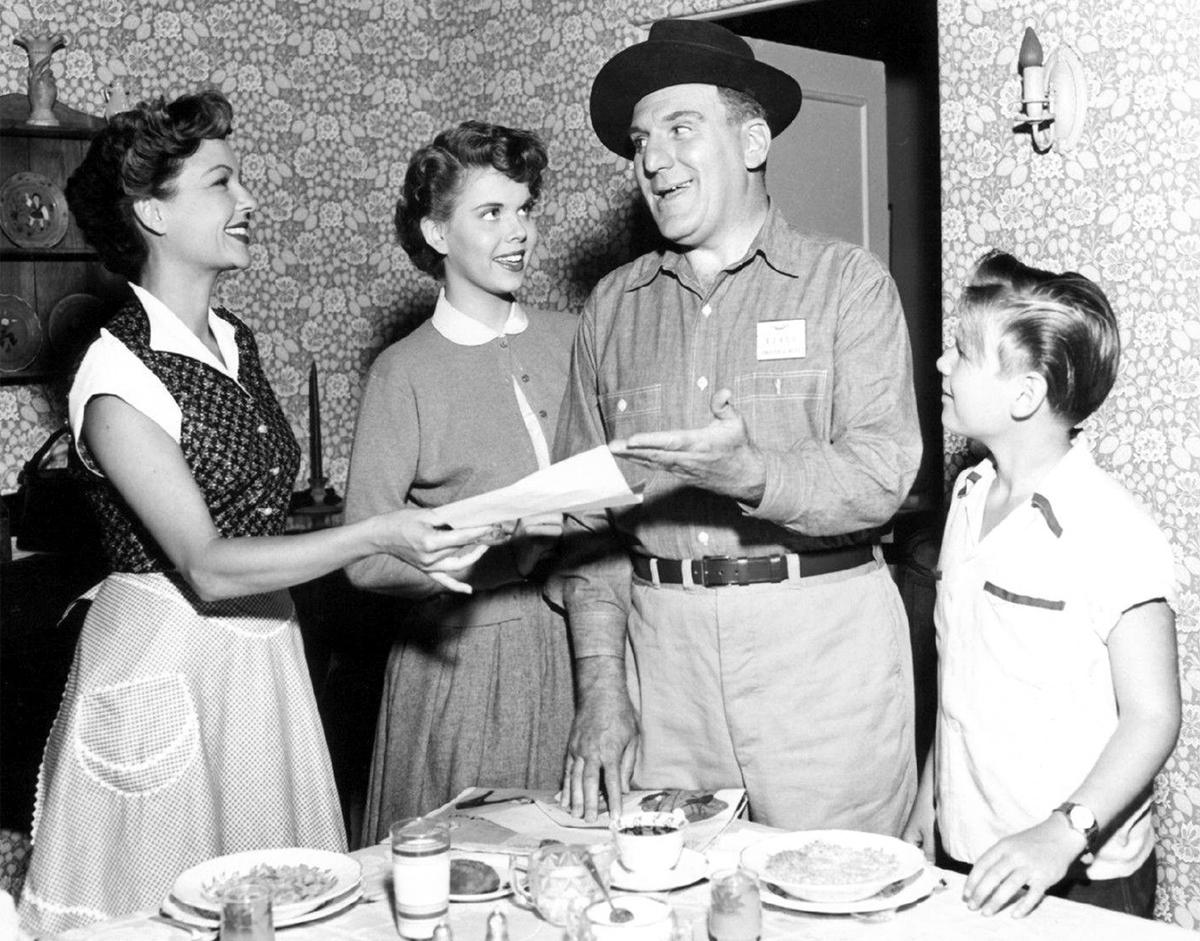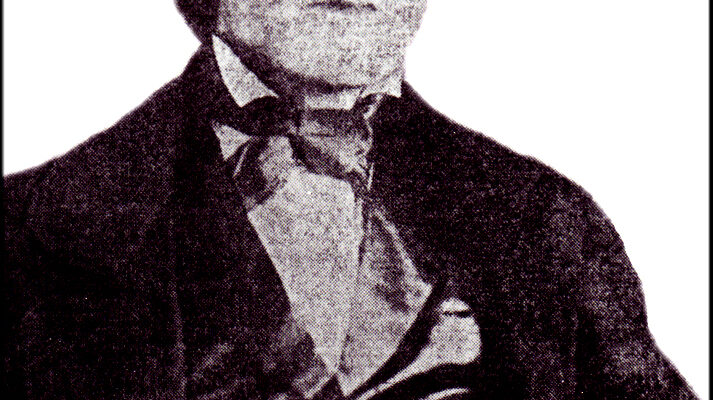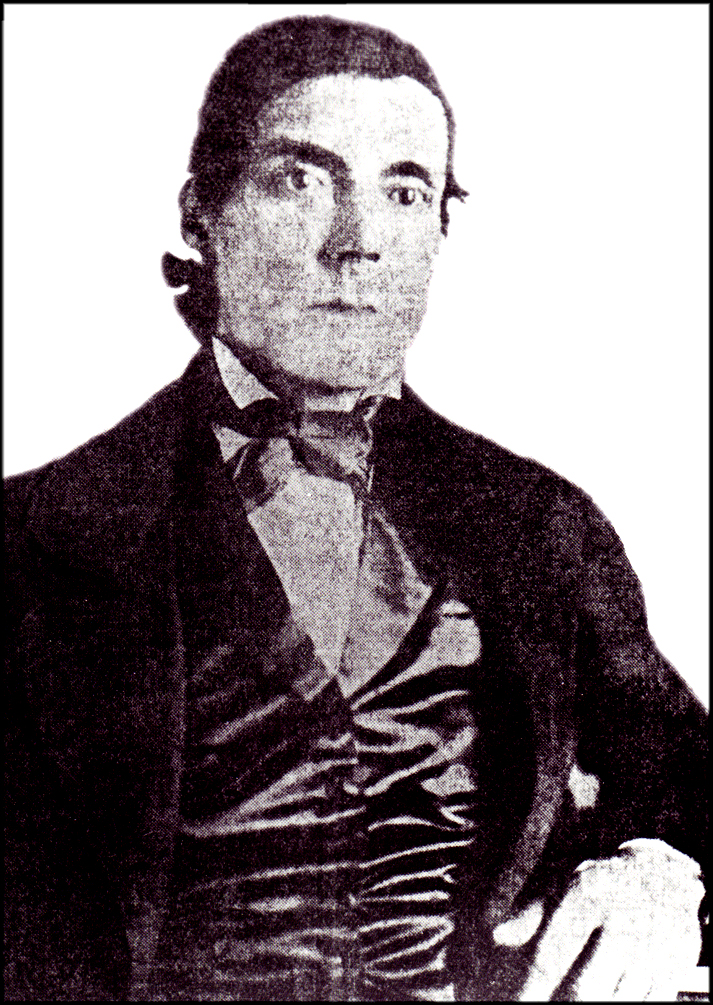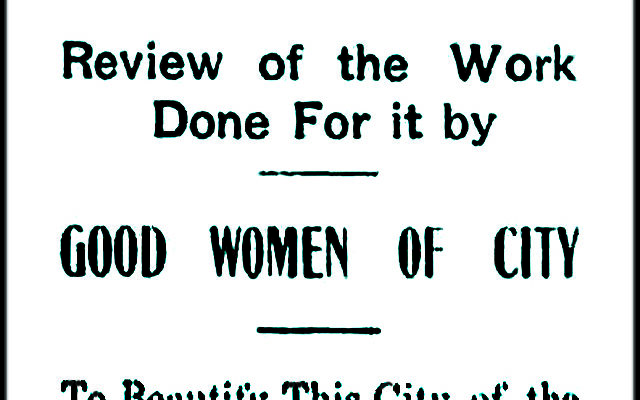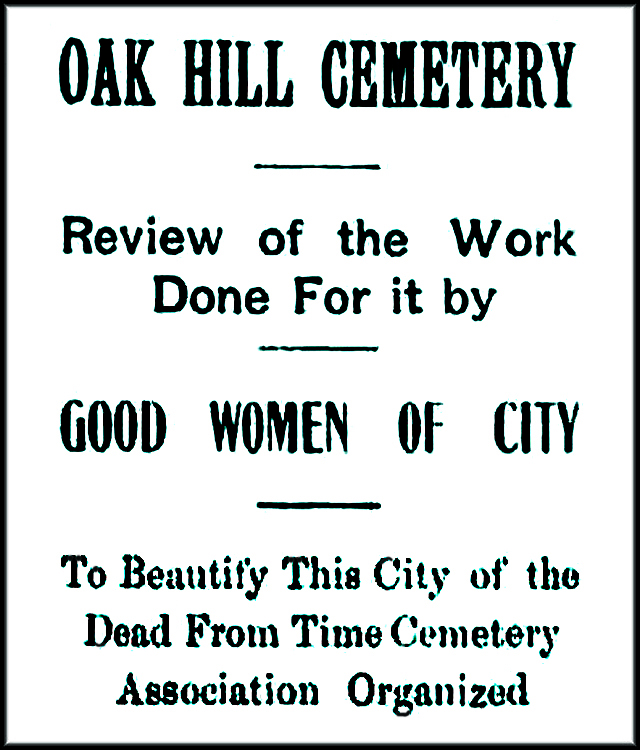A select party of the beauty and chivalry of our city gathered in the parlors of the City Hotel on the evening of June 10, 1886. The occasion was to honor Miss Eunice Robinson, a sprightly young beauty of Greeneville, TN and niece of Mrs. W.A. Dickinson, the charming hostess of the City Hotel.
.jpg)
City Hotel (right) from the 1870s (Clifford Maxwell Collection, Archives of Appalachia, ETSU)
Miss Robinson, chaperoned by Mrs. Dickinson and Mrs. S. Simcox, received her guests in royal style, possessing a smile and a pleasant word for all. She was dressed in a superb black brocaded satin with white satin vest front.
Streamers of white ribbon fell gracefully from her shoulders to the waist and was looped up and held in place by a large corsage bouquet of lilies. She also wore lilies in her hair. Flowers were her only ornaments. The other ladies were elegantly dressed, but no description was offered of their attire. The gentlemen were “costume de rigueur” (current fashion standards).
At eleven o'clock, supper was announced and all made their way to the dining room where one of those elegant main meals that was peculiar to the City Hotel was prepared.
“Fairy Land”
The dining room represented “Fairy Land,” and the mellow light of the numerous chandeliers falling upon the flower bedecked walls and tables made one forget for the duration of the evening about this stressful world. They imagined they were in the “Fairy Queen's” own palatial residence, until they were rudely awakened from their dream by some rascals who inquired if anyone would like strawberries.
After supper, music, instrumental and vocal, was furnished by Miss Robinson and her sister. Both were fine musicians with remarkably sweet voices. The vocal duet, “Come Where the Lillies Grow” was admirably rendered and elicited a hearty encore. The pleasure of the evening was continued into the “wee small hours.”
The following couples were present: Mr. and Mrs. C.N. Estes, Miss Eunice Robinson and Curt Simmons, Miss Ida Folsom and Dr. G.H. Berry, Miss Jennie Crumley and Dr. C.J. Broyles, Miss Hattie Faw and J.F. Crumley, Miss Stacy Crumley and Ed Clark, Miss Jessie Wylie and Martin Gump, Miss Sallie Faw and C. Bayless, Miss Pearl Barnes and D.W. Victor, Miss Minnie Berkley and Harry Lyle, Miss Emma DeGroat and Cy Lyle, Miss Keff Robinson and S.S. Crumley.
City Hotel became Piedmont House before the property was offered to the public for sale. Its glamorous “Fairy Land” days had come to a finale.
City Hotel Sold
“In the Chancery Court at Jonesboro, Washington County, Tennessee. J.C. Hardin, Executor of Samuel W. Williams, dec'd, et al. vs. J.J. Weiler. Pursuant to the decree of said court at its July special term, 1889, in the above cause, I will on Friday, the 22d day of November, 1889, sell at public outcry to the highest bidder, in front of the City Hotel, now Piedmont House, in Johnson City, Washington County Tennessee, the property mentioned and described in the pleadings and said decree, and ordered to be sold, to wit: The House and Lot known as the City Hotel, now Piedmont House, property situated in the said town of Johnson City, 9th civil district of Washington County, Tennessee, adjoining the property of the East Tennessee, Virginia and Georgia Railway Company and ET&WNC railway depot grounds and a lot formerly owned by (?) O'Brien to satisfy the judgments in favor of complainants and the costs of said cause unless said debts and costs of are sooner paid.”
Terms of Sale
“Said property will be sold on a credit of six and 12 months time in bar of the equity of redemption. Notes with approved security required of the purchaser for the purchase money in two equal installments bearing interest from date and a lien retained on the land therefore, until fully paid. This October 16, 1889. A.B. Bowman, C&M, by W.F. Young, D.C. & M. Oct 17th.”
-956x400.jpg)
